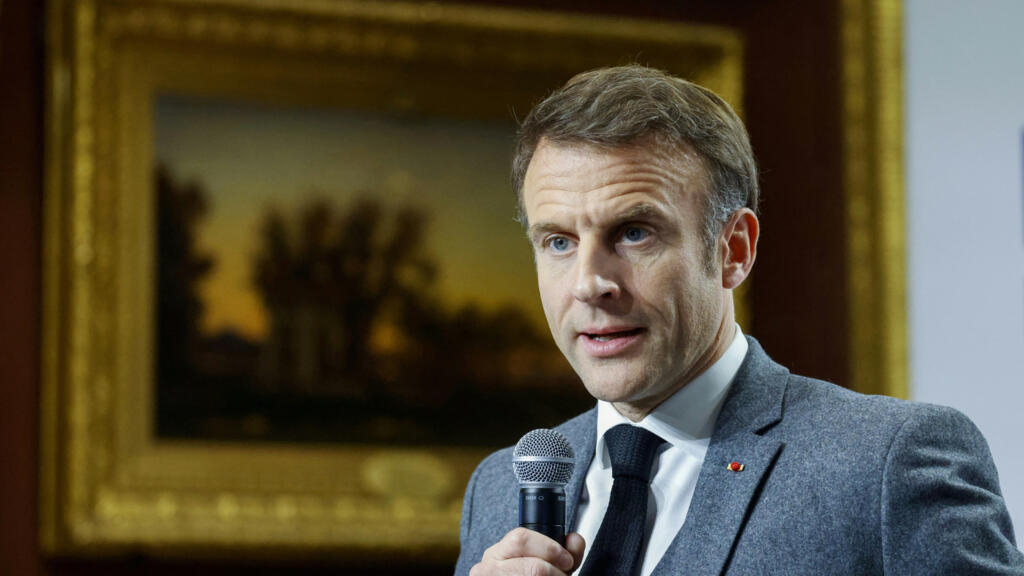The 46-year-old centrist, whose words from 8:15 pm (1915 GMT) will be aired on several television channels at prime time, is expected to set the course for France’s youngest-ever prime minister, 34-year-old Gabriel Attal, after he was named last week.
The press conference at the Elysee Palace, expected to be a marathon event, will be the first such question-and-answer session hosted by Macron in France for almost five years.
The president, accused by opponents of being aloof and even of having monarchical tendencies, regularly answers questions from reporters while abroad but has made a habit of almost never holding a full-scale press conference at home.
Instead, Macron has preferred to communicate through videos and posts on social media, as well as formal addresses to the nation at times of acute domestic or international crisis.
But Macron is hoping to breathe new life into a second term in office hobbled by the lack of a parliamentary majority, after mass protests against a pensions reform and divisions within his ranks over an immigration bill last year.
The president tilted his cabinet slightly to the right last week, just months ahead of European elections in June in which the far-right National Rally looks set to beat his Renaissance party.
Macron has called for the revamped ministerial team led by Attal to be “revolutionary”, and bring back the spirit of bold change from when he was first elected in 2017.
But critics have pointed to a lack of women in mostly unchanged top ministerial posts and questioned priorities after the education and labour briefs were relegated to ministries with other responsibilities.
The last time Macron opened himself up to questions from journalists in such a way was at a press conference in April 2019, after the so-called “yellow vest” revolt — initially against a proposed hike in fuel tax that was later scrapped — that was a major challenge to his first term.
He spoke to journalists for four hours in 2022, but that was to campaign for re-election.
Macron promised to speak to the nation after parliament passed the controversial immigration law in December, after it was hardened under pressure from the right.
The president has said he believed elements of the law were unconstitutional, and the Constitutional Council is to rule on the legality of the legislation on January 25.


